On paper, it’s hard to conceive of someone who is worth more than $4.5 billion being considered a challenger. It wouldn’t be the first time Mark Cuban defied convention. From his fortuitous sale of Broadcast.com for $5.7 billion in Yahoo! stock before the dot com bubble burst to his investments in the ultimate underdogs on “Shark Tank,” to unconventional draft picks that delivered one (and maybe, soon, a second) NBA Championship, few entrepreneurs have a better grasp of the challenger brand mindset than Mark Cuban. Now, he’s taking on his biggest challenge yet, going after big pharma with his new online venture the Mark Cuban Cost Plus Drug Company. It will offer more than 100 generic drugs at a fraction of the cost of their branded companion drugs. Will it work? Would you bet against Mark Cuban?
A little background.
For the better part of 40 years, Americans have voiced spirited displeasure over the cost of healthcare. We’ve all decried the exorbitant cost of prescription drugs. The economics of pharmaceuticals and their Gordian Knot with insurance companies, hospitals, doctors, lawyers, the government, and more, complicates the issue, for sure.
The drug business isn’t a cheap one to get into. To even get started, pharmaceutical companies have to invest millions to billions of dollars to develop new drugs. Then, they have to pass through a rigorous testing and approval phase to make sure the drugs are safe. Once approved by the Food and Drug Administration (FDA), companies are given a patent on their new drug, usually for 20 years. In addition, the FDA gives the company regulatory exclusivity for at least six years where no generic equivalents can be approved. Presently, the average market exclusivity time frame for newly approved drugs is more than 12 years.
If you’re the company that invested in the research to find a new drug, it’s only fair you should have time to recoup your investment. Otherwise, what’s the incentive to invest in development?







